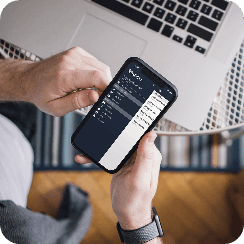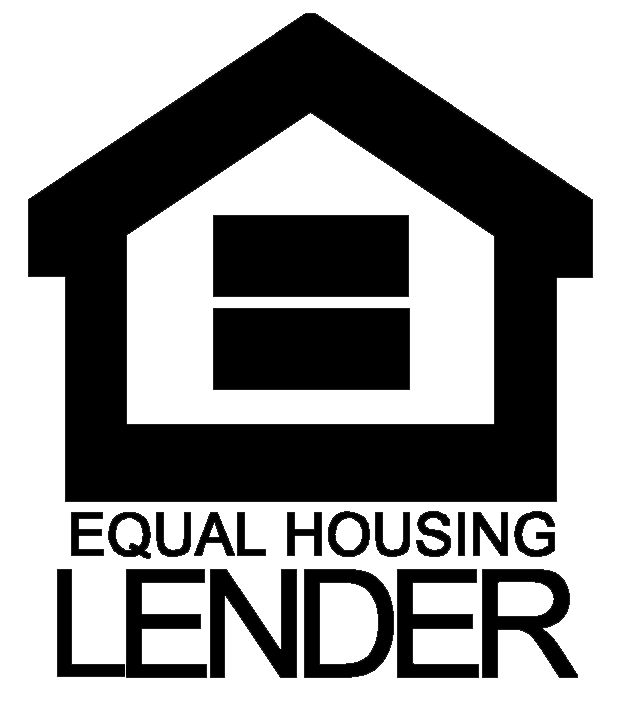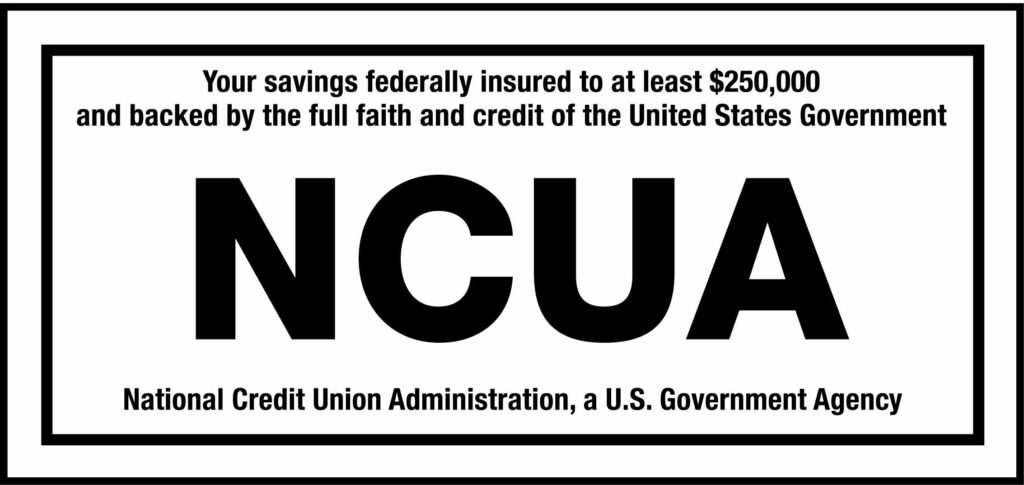COVID-19 Emergency Relief and Federal Student Aid
The COVID-19 emergency relief for federal student loans ends Jan. 31, 2022. Here, you can learn how to prepare for loan payments to begin again. You can also find information about COVID-19 relief, impacts, and resources.
On Aug. 6, 2021, the U.S. Department of Education announced a final extension of the student loan payment pause until Jan. 31, 2022.
The pause includes the following relief measures for eligible loans:
-
a suspension of loan payments
-
a 0% interest rate
-
stopped collections on defaulted loans
Don’t accept unexpected offers of financial aid or help (such as a “pandemic grant” or “Biden loan forgiveness”) without checking with your school to see if the offer is legit. Learn how to avoid scams.
COVID-19 and Federal Student Aid Info
Find information about the impact of COVID-19 on these topics:
Preparing for Repayment to Resume
Here are three steps to make sure you’re prepared for student loan payments to resume:
-
Update your contact information in your profile on your loan servicer’s website and in your StudentAid.gov profile.
-
Check out Loan Simulator to find a repayment plan that meets your needs and goals or to decide whether to consolidate.
-
Consider applying for an income-driven repayment (IDR) plan. An IDR plan can make your payments more affordable, depending on your income and family size.
Once the payment suspension ends, you’ll receive your billing statement or other notice at least 21 days before your payment is due.
Contact your loan servicer online or by phone to find out what your payment amount will be when payments restart. Your loan servicer is your source for official, up-to-date information about your loan.
Frequently Asked Questions (FAQs)
Your auto-debit payments may not restart automatically when payments begin again. Look for your status in the table below to see what you need to do to stay on auto-debit.
| Status | Result |
|---|---|
| On auto-debit before March 13, 2020 | Your servicer will contact you before the suspension ends to confirm whether you want to stay on auto-debit. If you do not respond to these communications, your servicer will stop your auto-debit. |
| Signed up for auto-debit after March 13, 2020 | Auto-debit payments will resume automatically on your first due date when payments begin again. |
| Opted out of the payment suspension and are signed up for auto-debit | You don’t have to take any action to stay on auto-debit. |
| Have loan(s) in default | Your auto-debit options may be a little different. Contact ED’s Default Resolution Group to discuss your auto-debit options. |
| Have Perkins Loans and are paying through auto-debit during the payment suspension | You don’t have to take any action to stay on auto-debit. |
| Have Perkins Loans and are not paying through auto-debit during the payment suspension | You are no longer signed up for auto-debit. Your loan servicer will contact you to let you know how to sign up again. |
Contact your loan servicer if you have questions about your auto-debit or need to update your auto-debit banking information on file.
It depends. If you’re on a traditional repayment plan, such as a Standard, Graduated, or Extended Repayment Plan, then your loan servicer may recalculate your payment amount when the payment suspension ends. Your loan servicer would base this recalculation on your current balance of principal and interest and your remaining repayment period.
If you’re on an IDR plan, your payment amount will return to what it was prior to your payments being suspended unless you’ve recertified since the payment suspension began.
Additional Resources and Information
Related Articles
Federal Government Websites
Here are some sites that you or your school may find useful:
-
Coronavirus.gov—The Centers for Disease Control and Prevention offers this site, which features everything from prevention tips, common symptoms, and current updates on how many cases there are in the United States, to advice about travel and a list of frequently asked questions.
-
USA.gov coronavirus page—USA.gov shares how agencies across the federal government are responding to the outbreak.
-
Federal student loan servicers—Our website lists servicer contact information for borrowers who want to ask questions, request a deferment or forbearance, etc.
-
FSA Partner Connect website (for postsecondary school financial aid staff)
-
On March 20, 2020, the office of Federal Student Aid began providing the following temporary relief on ED-owned federal student loans: suspension of loan payments, stopped collections on defaulted loans, and a 0% interest rate.
-
On March 27, 2020, the Coronavirus Aid, Relief, and Economic Security Act (CARES Act) became law, providing for the above relief measures on ED-owned federal student loans through Sept. 30, 2020.
-
On Aug. 8, 2020, the COVID-19 emergency relief measures were extended through Dec. 31, 2020.
-
On Dec. 4, 2020, the COVID-19 emergency relief measures were extended through Jan. 31, 2021.
-
On Jan. 20, 2021, the COVID-19 emergency relief measures were extended through at least Sept. 30, 2021.
-
On March 30, 2021, the COVID-19 emergency relief measures were expanded to federal student loans made through the Federal Family Education Loan (FFEL) Program that are in default.
-
On Aug. 6, 2021, the COVID-19 emergency relief measures were extended until Jan. 31, 2022.
This Q&A contains general statements of policy under the Administrative Procedure Act issued to advise the public prospectively of the manner in which the U.S. Department of Education (ED) and Federal Student Aid (FSA) propose to exercise their discretion as a result of and in response to the lawfully and duly declared COVID-19 pandemic national emergency. ED and FSA do not intend for this Q&A to create legally binding standards affirmatively determining any member of the public’s legal rights and obligations for which noncompliance may form an independent basis for action.




